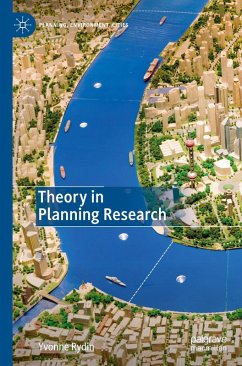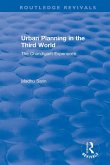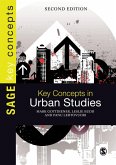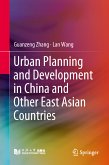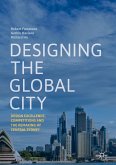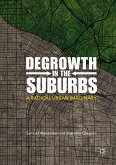-Bob Beauregard, Emeritus Professor of Urban Planning at Columbia GSAPP, USA
'The past couple of decades have witnessed a proliferation in critical and explanatory theories around planning stimulated by a desire to understand the complexities and challenges we face. Yvonne Rydin not only maps this terrain but provides a vital guide for students and practitioners to link and ground their research to theory. This is a book for everybody who is involved in research and planning.'
-Professor Phil Allmendinger, University of Cambridge, UK
'This book is a valuable and timely contribution to planning education and research. The book directly addresses one of the biggest challenges of planning education-the unwillingness of students to engage in planning theory. Rydin provides a clear justification for the value of theory in planning research and provides an overview of some of the main theoretical approaches used in contemporary planning research. Importantly, Rydin successfully presents planning theory in an accessible way. The book reveals that theory is not something to be feared by students, but something which can illuminate planning research and practice. This book will become an important resource for students and supervisors alike.'
-Associate Professor Kristian Ruming, Macquarie University, Australia
'If there was ever any doubt about the utility of planning theory in planning education and research, this book certainly helps to overcome it. Written in an accessible and engaging way, the book brings together summaries of key theoretical perspectives with examples of how these are applied by scholars in researching cases of planning practice. This rich repository of theoretically-informed case studies will undoubtedly become a major reference for many planning educators and a recommended reading in planning theory and dissertation courses.'
-Professor Simin Davoudi, Newcastle University, UK
Dieser Download kann aus rechtlichen Gründen nur mit Rechnungsadresse in A, B, BG, CY, CZ, D, DK, EW, E, FIN, F, GR, HR, H, IRL, I, LT, L, LR, M, NL, PL, P, R, S, SLO, SK ausgeliefert werden.

